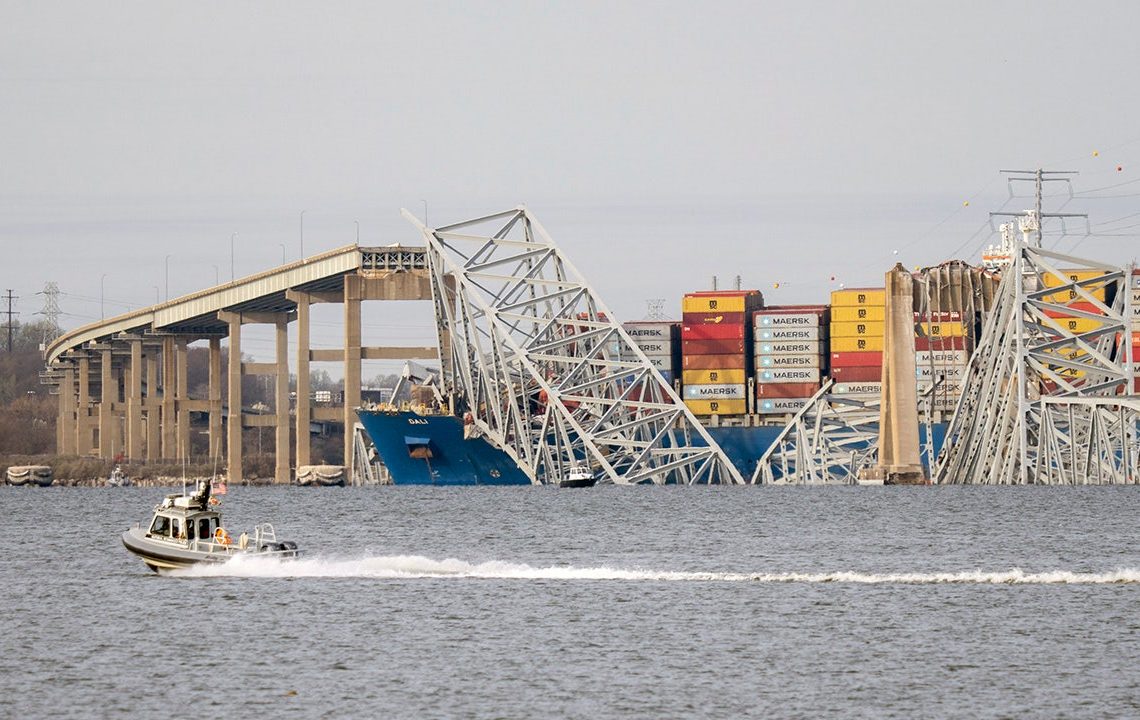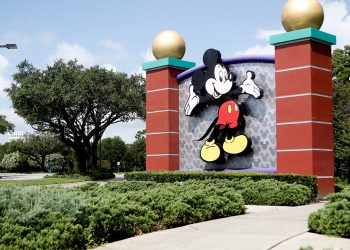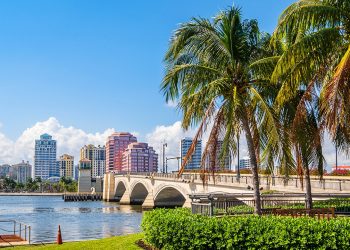The collapse of the Francis Scott Key Bridge in Baltimore on Tuesday after a container ship lost power navigating the channel and collided with one of the bridge’s support pilings has resulted in the indefinite closure of the Port of Baltimore, which will impact the supply chain on the Eastern Seaboard and beyond.
Shortly after 1 a.m. ET on Tuesday, the container ship MV Dali — which is 948 feet long and was laden with stacks of containers — lost power as it was approaching the channel underneath the bridge. The ship’s crew and harbor pilots sent a mayday call which enabled authorities to stop traffic over the bridge.
After the container ship attempted to execute an emergency stop by deploying its anchors, it struck a pylon of the bridge, which toppled much of the 1.6-mile span into the waters of the Patapsco River. A construction crew was on the bridge at the time of the accident and authorities said eight people fell into the river, two of whom were rescued with six reported missing. The Coast Guard announced a transition away from search and rescue efforts to a recovery operation Tuesday night.
The state of Maryland and the federal Department of Transportation announced the closure of the shipping lane to the Port of Baltimore until further notice as the investigation, recovery and clean up efforts get underway.
EX-MERCHANT MARINE CAPTAIN WARNS THERE IS ‘NO WAY OF CONTROLLING’ CARGO SHIP WITH MECHANICAL ERROR
Jean-Paul Rodrigue, a professor in the Department of Maritime Business Administration at Texas A&M University – Galveston, told FOX Business that companies with cargo bound for Baltimore are working to reroute those shipments to other ports with the capacity to handle
“The first candidate will be New York, then it’s going to be Hampton Roads, which is in Virginia, Philadelphia — but it’s also a lower capacity, so it’s a bit more difficult for Philadelphia,” Rodrigue said. “But New York and Hampton Roads can handle this traffic.”
He added that it would not be a problem for those ports to handle the traffic from “ro/ro” ships — which can accommodate cars driving on and driving off — given Baltimore’s role as a key port for automobile shipments.
PHOTOS: MARYLAND’S FRANCIS SCOTT KEY BRIDGE COLLAPSE
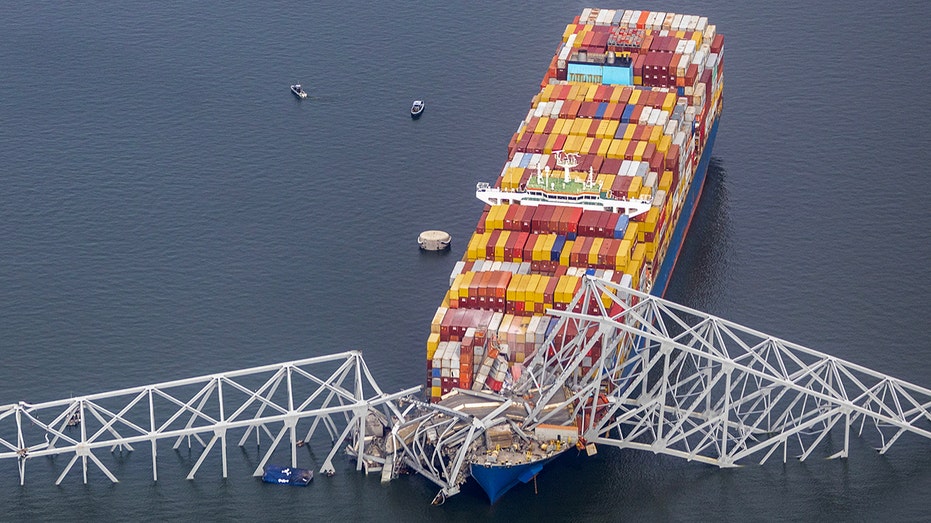
The Port of Baltimore handles more auto cargo than any other U.S. port with 750,000 vehicles flowing through the port in 2022, according to port data. Ford and General Motors each announced that they are working to reroute auto shipments that were scheduled to go to Baltimore and said the impact would be minimal.
The port also serves as a hub for other goods including coal, as it was the second-busiest port for coal exports in 2023. It is also the largest port by volume for farm and construction machinery, as well as sugar and salt. Its indefinite closure could create bottlenecks in the supply chain, resulting in delays and higher costs for certain goods on the Eastern Seaboard.
CONGRESS EXPECTED TO CONSIDER EMERGENCY SPENDING MEASURE TO REPLACE BALTIMORE BRIDGE AFTER COLLAPSE
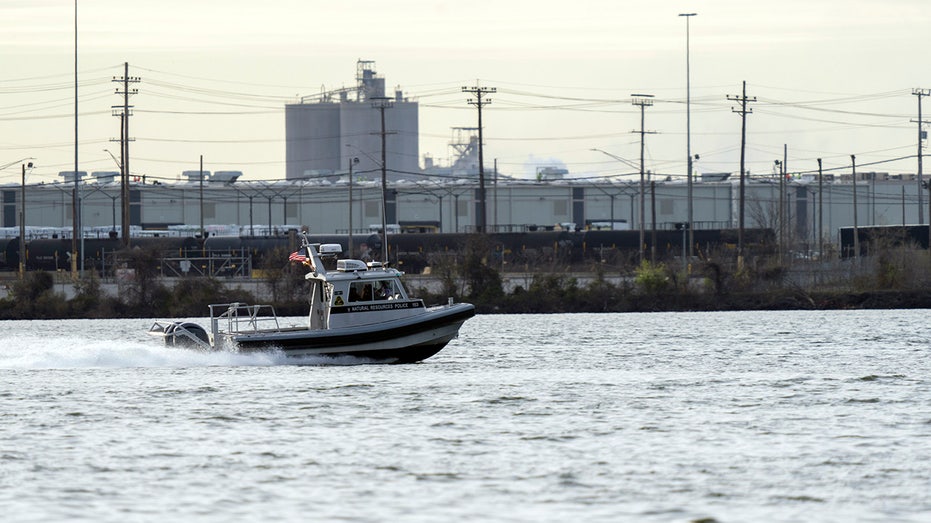
In February, the Maryland governor’s office announced that the Port of Baltimore’s public and private terminals handled a record 52.3 million tons of foreign cargo valued at $80 billion in 2023, a record amount of cargo. That figure includes about 1.3 million tons of ro/ro farm and construction equipment plus 11.7 million tons of general cargo tons. It also handled 1.1 million 20-foot equivalent unit containers.
Baltimore area residents are also going to face increased traffic congestion with the bridge out of action. The Francis Scott Key Bridge, named for the author of the U.S. national anthem, is a key thoroughfare that had an average traffic volume of 31,000 cars per day or 11.3 million vehicles per year on the I-695 highway.
Rodrigue said the process of clearing the channel for shipping traffic to return the Port of Baltimore to its normal operations is likely to be a much quicker process measured in weeks or months than rebuilding the bridge.
“The bridge, it’s going to take, I would say five years to rebuild at least. Removing the debris from the access channel could take a couple of weeks or more,” Rodrigue said.
Reuters contributed to this report.
Read the full article here


